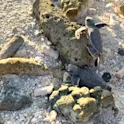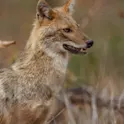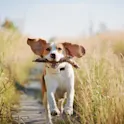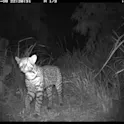
Featured news
14 Nov 2023
New study highlights need to address risk of continued global warming after net zero
by Liad Hollender, Frontiers science writer Image: Shutterstock.com The UN Climate Panel’s latest best estimate is that global warming will end once we reach net zero CO2 emissions – but a study in Frontiers in Science warns significant warming could still occur. Researchers including those from Imperial College London and University of Exeter assess factors controlling global temperatures post ‘net zero’ and offer a pioneering framework for better estimating climate change risks. These risks must inform climate mitigation and adaptation policies to protect future generations. From scorching heatwaves to torrential downpours and devastating storms, the disastrous effects of global warming are sweeping across the world. Being the predicted outcome of burning fossil fuels, our best and only plan to limit warming is to reduce CO2 emissions from human activities to ‘net zero’ – where the amount of CO2 we emit into the atmosphere is equal to the amount we remove from it. To keep within the 1.5°C limit of the 2015 Paris Agreement, this needs to happen as soon as possible. Though the scientific community’s current best estimate from models is that global warming will stop at net zero, an article published in Frontiers in Science raises a red flag. […]













